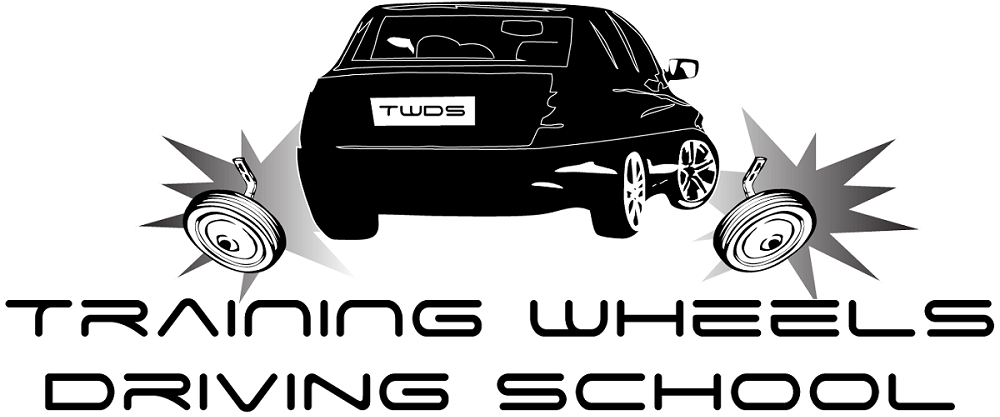Navigating the “Intermediate” Period After Teens Get Their License
Once teens pass their driver’s test and get the license they have been waiting for, some of them assume they are as skilled as drivers who have been on the road for as long as they’ve been alive. Because of this, young drivers often have a hard time understanding why certain driving behaviors are restricted to them during the early months after they have passed their driver’s test – essentially, this “intermediate” period is when teens have earned the right to practice driving by themselves.
Since this time can often be difficult for teens and parents alike, there are some tips out there that can help build your teen’s driving confidence while also keep him or her safe behind the wheel.
Develop Driving Rules Together
As a parent, there may be a desire to create rules about when your teen can and cannot drive – not state laws, but “house rules.” A great way to make these rules effective and understood is to develop them in partnership with your teen driver. Sit down and come up with the house rules for driving and also come up with the consequences together that will occur if these rules are broken. Since teens have a hand in creating these rules, they will better understand them and be more likely to follow them.
Limit Access to the Vehicle
A research study showed that teen drivers with primary access to a vehicle were twice as likely to be in a motor vehicle crash compared to teens who had to share their vehicle with other family members. Sharing a family vehicle limits the amount of time teens are on the road during undesirable hours, such as late at night, and also gives them the opportunity to share their plans with their parents, such as why they need the vehicle, where they are going, and when they plan to be back.
Encourage Open Communication
While monitoring your teen’s driving is an important part of keeping him or her safe on the road, it is sometimes not enough. It is important for teen drivers and their parents to have open, two-way communication, so they feel comfortable sharing their concerns or sharing incidents that may have occurred. Make sure to establish trust with teens through setting the driving rules, letting them know these rules are not meant to control their life but are put in place in order to keep them safe on the road.
Think you or someone you know is need of Behind the Wheel Training? Training Wheels is a Linwood driving school specializing in teaching new teen drivers how to stay safe on the road. For more information on our lessons, please click here.
Copyright: vadimgozhda / 123RF Stock Photo

